
A phase I/II study found that radioimmunotherapy with 177Lu and the anti-CD20 antibody rituximab along with the chelator DOTA is safe and feasible for treatment of relapsed follicular, mantle cell, or other indolent lymphomas.

Your AI-Trained Oncology Knowledge Connection!


A phase I/II study found that radioimmunotherapy with 177Lu and the anti-CD20 antibody rituximab along with the chelator DOTA is safe and feasible for treatment of relapsed follicular, mantle cell, or other indolent lymphomas.
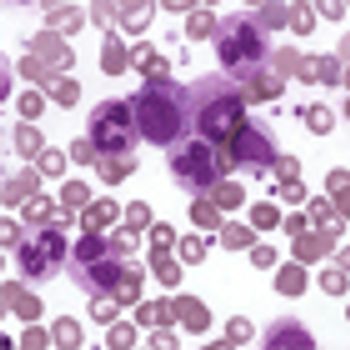
A new study validates a simple prognostic score, the EUTOS score, as a useful tool in predicting the therapeutic effects of TKIs for chronic myeloid leukemia.
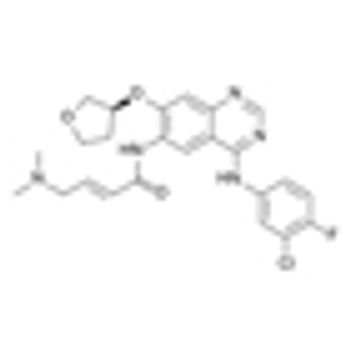
Two new studies show that afatinib, an orally bioavailable ERBB family blocker, could be effective in patients with non–small-cell lung cancer (NSCLC) who progressed on other therapies and in patients with advanced lung adenocarcinomas and EGFR mutations.
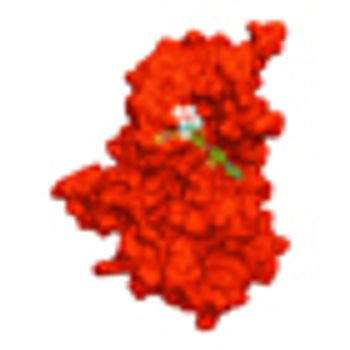
ARIAD has received marketing authorization from the European Commission for ponatinib (Iclusig) in chronic myeloid leukemia and acute lymphoblastic leukemia.

A study including 17 cohorts with a total of more than 300,000 individuals found that ambient air pollution of various types contributes to lung cancer incidence across nine European countries.
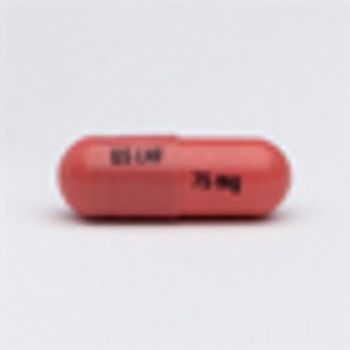
Interim results of a small phase II study found a relatively good response rate with dabrafenib in BRAF V600E mutation-positive stage IV non-small-cell lung cancer (NSCLC) patients. The results were presented at ASCO.
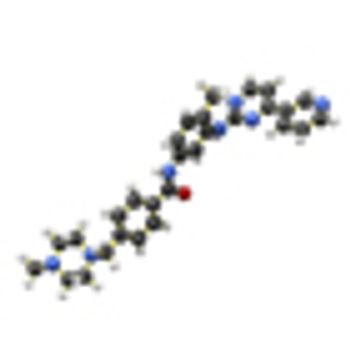
Almost half of patients with chronic-phase chronic myeloid leukemia (CML) who discontinued imatinib treatment did not relapse, according to results of a prospective study. Those who did relapse showed continued sensitivity to imatinib when treatment started again.
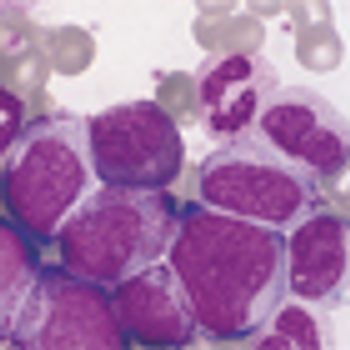
A phase II study found that an alternative imatinib treatment schedule for elderly patients with chronic myeloid leukemia (CML) could be an effective way to reduce dosing requirements of the drug.
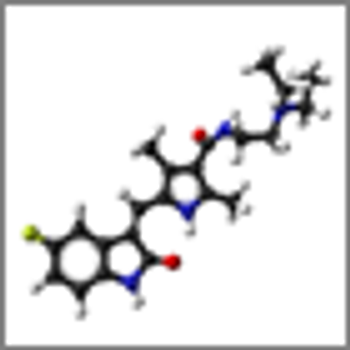
A randomized, phase II trial showed improved progression-free survival in small-cell lung cancer with maintenance sunitinib vs placebo following standard chemotherapy, according to results presented at the ASCO annual meeting in Chicago.

A phase III study, presented at ASCO, comparing pemetrexed and carboplatin with paclitaxel, carboplatin, and bevacizumab failed to find a difference in a composite endpoint of progression-free survival and severe drug-related toxicities in patients with nonsquamous non–small-cell lung cancer.

A simple serum protein test can help guide treatment decisions between chemotherapy and erlotinib as second-line therapy for patients with non-small-cell lung cancer, according to results of a phase III study presented at ASCO.

Results from the GALAXY-1 trial showed that the novel second-generation heat shock protein 90 (HSP90) inhibitor ganetespib could potentially improve survival in patients with advanced-stage non–small-cell lung cancer.

Guiding treatment for non–small-cell lung cancer (NSCLC) using expression levels of the proteins RRM1 and ERCC1 led to no difference in either progression-free or overall survival, according to a study presented at the American Society of Clinical Oncology (ASCO) annual meeting.
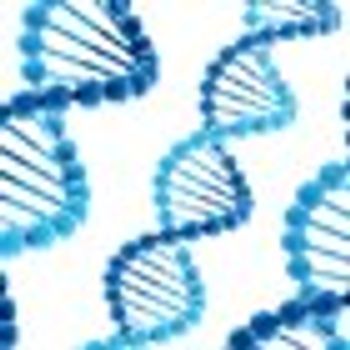
A massive French database study shows that genetic tumor profiling in patients with non–small-cell lung cancer (NSCLC) is feasible, and is already helping physicians guide treatment in many patients, according to results presented at the American Society of Clinical Oncology annual meeting in Chicago.
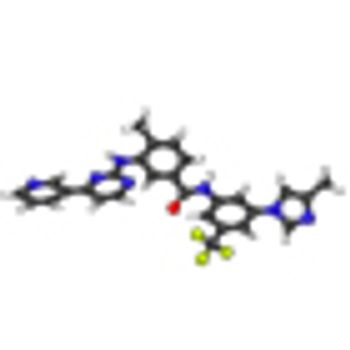
Two studies found higher rates of peripheral artery occlusive disease in nilotinib-treated chronic myeloid leukemia patients than in imatinib-treated patients.
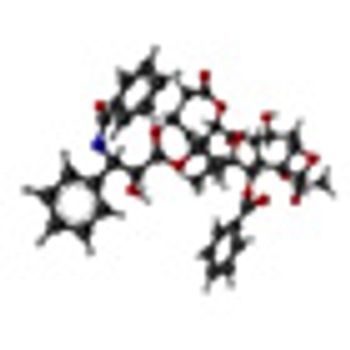
Expression of the beta-3 tubulin (ß3T) isoform was a negative prognostic factor in non–small-cell lung cancer (NSCLC) patients, but did not predict treatment response for either paclitaxel or tubulin-inhibiting chemotherapy with ixabepilone.
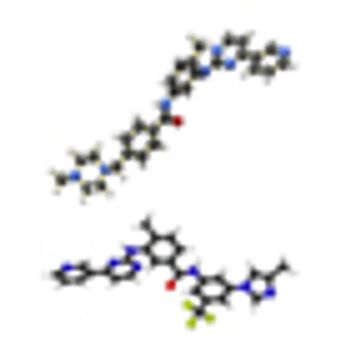
A group of experts say that cancer drug prices, especially those for chronic myeloid leukemia, have skyrocketed, making patient treatment extremely difficult.
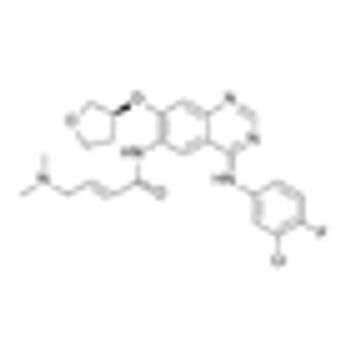
A new study shows that drugs targeting HER2 might provide good results in the rare non-small-cell lung cancer (NSCLC) patients with HER2 mutations.
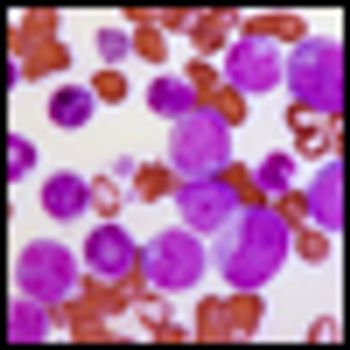
A study of patients with chronic myeloid leukemia treated with imatinib found that chronic fatigue is the major factor that limits health-related quality of life.
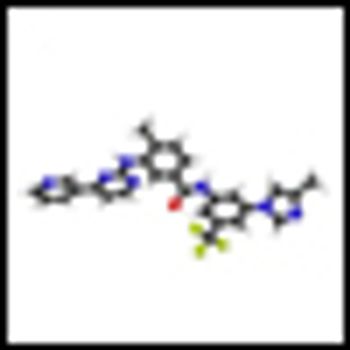
CML patients treated with nilotinib had fewer treatment-emergent BCR-ABL mutations than those treated with imatinib, and among patients who did have a mutation, those treated with nilotinib had reduced rates of progression to accelerated phase and blast phase of the disease.

Women with lung cancer who ate more soy prediagnosis appear to survive longer than patients who ate fewer soy-based foods, according to a new Chinese study.

The faster one smokes a cigarette after waking in the morning, the higher the biologic exposure to an important tobacco-related carcinogen, according to a new study. Time to first cigarette, or TTFC, could be a useful marker of high lung cancer risk among smokers as a result.

Improving the selection criteria for lung cancer screening, which remains controversial, can improve the sensitivity of screening without losing specificity, and could help avoid additional deaths from lung cancer.
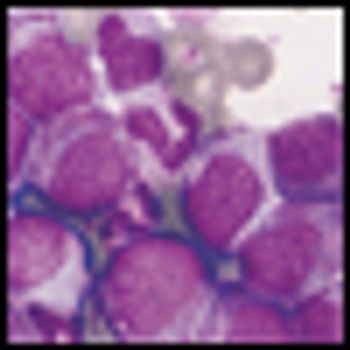
Contrary to previous laboratory findings, a new study has shown for the first time the effect of stem cell burden on treatment outcome, discovering that tyrosine kinase inhibitors, including imatinib and dasatinib, can rapidly eradicate most chronic myeloid leukemia stem cells.
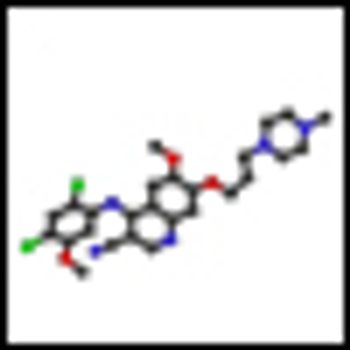
The European Medicines Agency adopted a “positive opinion” earlier this year regarding conditional marketing approval for bosutinib for the treatment of Philadelphia chromosome-positive chronic myeloid leukemia.
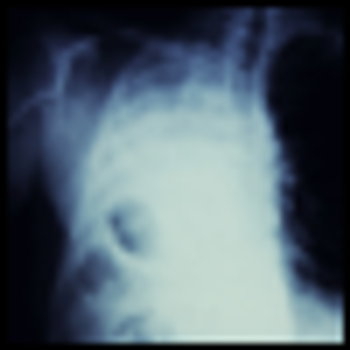
Based on revised data from a troubled phase II trial of the new drug bavituximab, Peregrine Pharmaceuticals is aiming to move the agent into phase III testing in non–small-cell lung cancer (NSCLC) by the end of 2013.
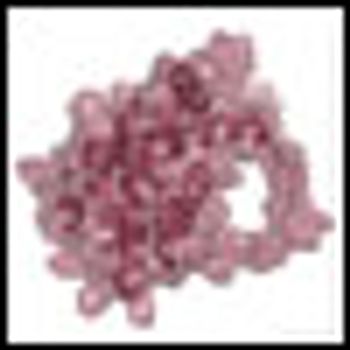
New research suggests that a novel, investigative drug could help alleviate some of the resistance to tyrosine kinase inhibitor treatment seen in chronic myeloid leukemia (CML). The drug, a pan-BCL2 inhibitor called sabutoclax, could sensitize malignant leukemic stem cells in the bone marrow niche to TKI treatment.
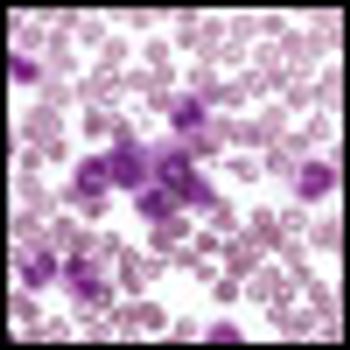
As patients and physicians gain experience with a second generation of relatively effective therapies for chronic myeloid leukemia, there is increasing need to quickly understand who will fare best with these drugs.
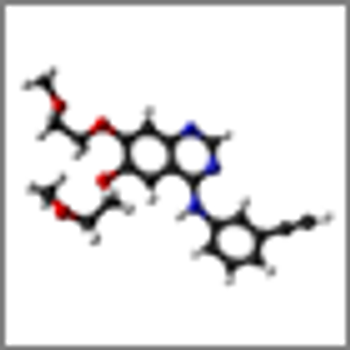
The combination of whole-brain radiation therapy and the EGFR inhibitor erlotinib showed a promising response rate and was well tolerated in a new phase II trial of patients with brain metastases from non-small-cell lung cancer.

Women have caught up to men with regard to the risk of death from cigarette smoking, according to analyses of three study cohorts spanning multiple decades and hundreds of thousands of individuals.